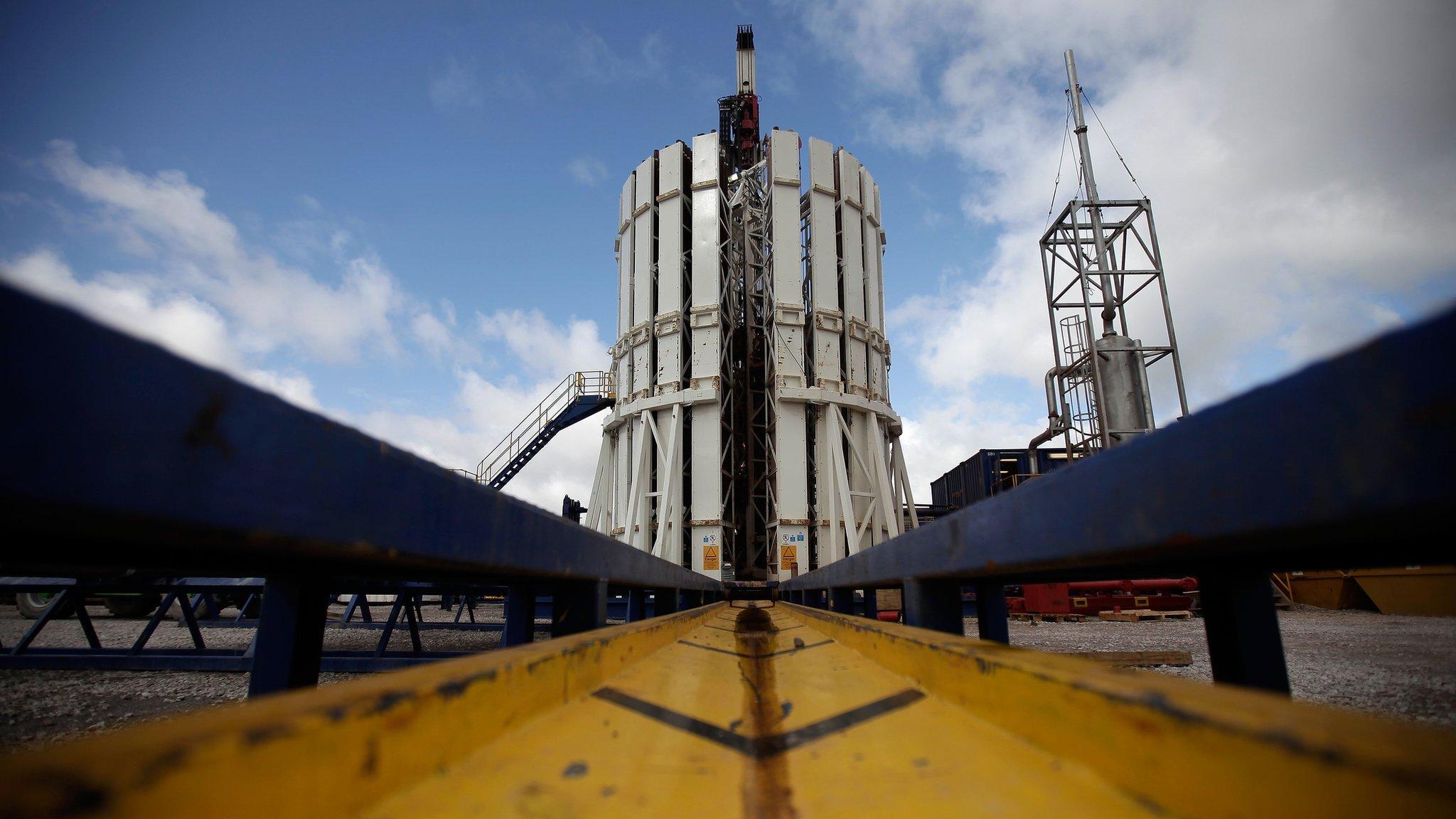Gas firms in 'clean energy' rebrand
- Published
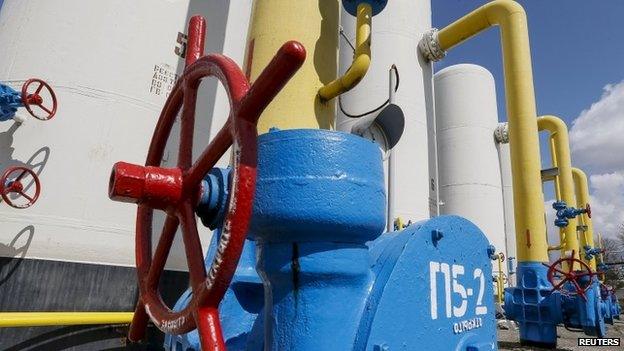
Bosses of some of the world's biggest oil and gas companies have championed the environmental benefits of natural gas at the World Gas Conference in Paris.
They said the world needed to move away from coal and into gas.
Environmentalists say that gas is still a fossil fuel that emits CO2 that contributes to global warming.
They would rather invest in increasing renewable energy capacity that is genuinely clean.
Speaking at the World Gas Conference in Paris, under the strapline "Natural gas as a core pillar for the sustainable future of the planet," the heads of Chevron, Exxon Mobil and Shell said demand for gas would grow significantly.
Cutting emissions
Rex Tillerson, chief executive of US energy giant Exxon Mobil, said "our industry can deliver significant environmental benefits".
He pointed to the US, where a massive increase in shale gas production has been "instrumental in reducing CO2 and methane emissions back to 1990s levels", despite the economy growing by 60% and gas use rising significantly.
He also called on other countries to redouble efforts to replicate the US shale gas revolution, particularly those in Europe. As yet, no other countries have been able to extract meaningful amounts of shale gas.
Exxon has given up on its attempts to frack for gas in Poland, where Mr Tillerson said the technology that had proved so successful in the US did not work on local geology.
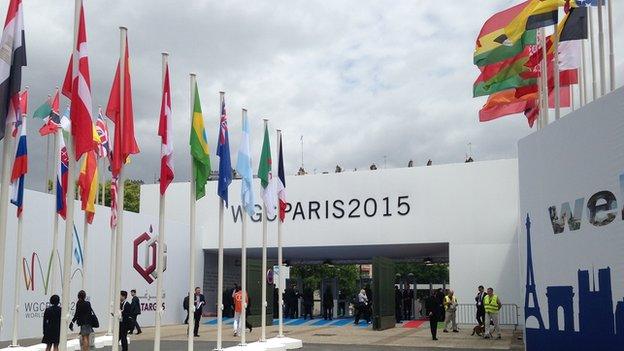
Perfect partner
The bosses also said that renewables alone could not meet rising demand for energy.
John Watson, chief executive of Chevron, said global energy demand was set to rise by 40% by 2035. "The world is going to need all forms of energy to meet demand," he said.
Natural gas was the perfect compliment to renewables, he added, as gas plants can be turned on and off relatively quickly and cheaply when wind and solar power do not produce enough energy.
Shell chief Ben Van Beurden said that gas, rather than cheap and abundant coal, must be used to plug the gap left by any shortfalls in renewable energy production. Gas produced 60% less CO2 and 90% fewer air pollutants than coal, he said.
"Gas is the ideal partner to renewables, and is the fastest and cheapest way to reduce emissions while [at the same time] having a reliable energy system," he said.
He also called on governments to press for an effective carbon emissions trading system, where big polluters are forced to pay for emitting CO2.
Crowding out
BP chief Bob Dudley also called for an effective price on carbon, saying it would help to develop both carbon capture and storage, and renewable, technologies.
He also said that moving from coal to gas was a far more effective way to reduce CO2 emissions than increasing renewable energy production. "Gas is not part of the problem, but part of the solution," he said.
Many environmentalists and renewable energy companies would disagree.
"Although gas acts as a complementary technology to renewables, we need to be very careful that we aren't locking ourselves into a future which is dependent on fossil fuels," said RenewableUK's director of policy, Dr Gordon Edge.
"If investment in gas 'crowds out' renewables then we will only be able to go half-way to decarbonisation when we need to go the whole way to avoid dangerous climate change.
"We need to maintain the focus on the abundance of renewable energy the planet provides; we have only just started to reap the benefit from these plentiful resources and we can do much more".
- Published27 February 2015
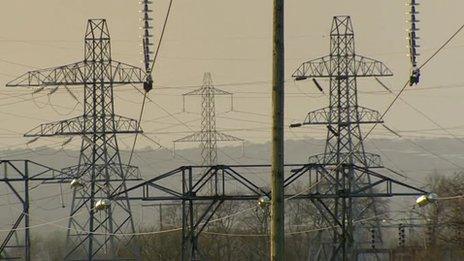
- Published11 May 2015
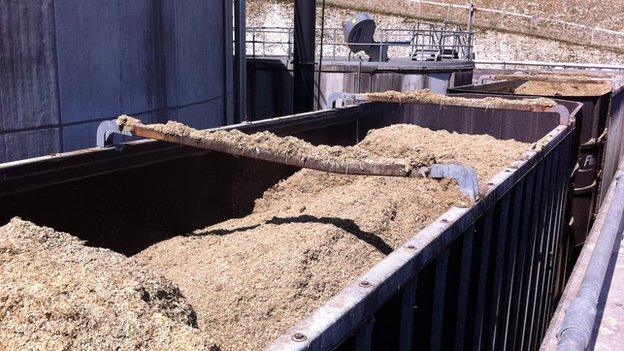
- Published29 January 2015
